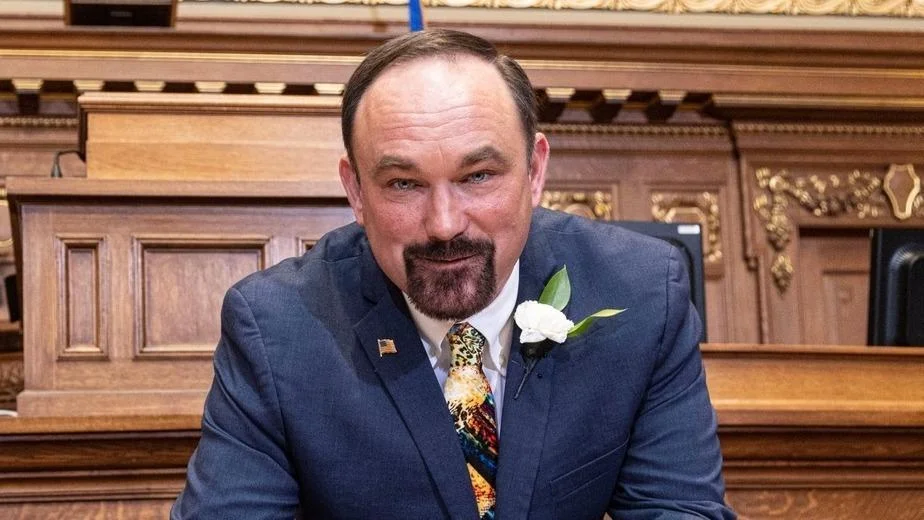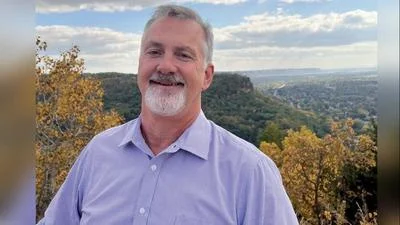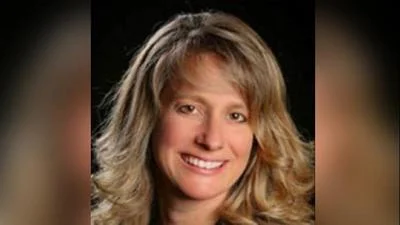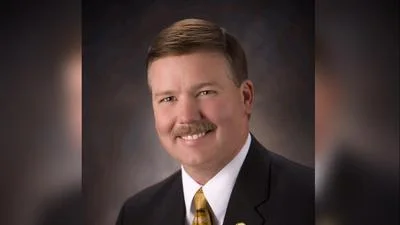Clint Moses, Wisconsin State Representative for 92nd District | www.facebook.com
Clint Moses, Wisconsin State Representative for 92nd District | www.facebook.com
According to the Wisconsin State Legislature's official website, the bill was described as follows: "a grant to assist in the purchase and renovation of an existing facility in the city of Chippewa Falls to provide a 50-bed treatment center to men with substance use disorders. (FE)".
The following is our breakdown, based on the actual bill text, and may include interpretation to clarify its provisions.
In essence, this bill mandates the Department of Administration to provide a $1 million grant to Lutheran Social Services of Wisconsin and Upper Michigan, Inc. for the acquisition and renovation of the Libertas Treatment Center in Chippewa Falls. The goal is to establish a 50-bed facility dedicated to treating men with substance use disorders who require recovery services. The bill specifies that this action addresses a public need by supporting men in the state struggling with substance abuse issues. The funding and implementation are scheduled for the 2025-26 fiscal year.
The bill was co-authored by Senator Jesse L. James (Republican-23rd District), Representative Barbara Dittrich (Republican-99th District), Representative David Murphy (Republican-56th District), Representative Rob Summerfield (Republican-68th District), and Representative Shannon Zimmerman (Republican-30th District). It was sponsored by Senator Romaine Robert Quinn (Republican-25th District).
Clint P. Moses has co-authored or authored another 56 bills since the beginning of the 2025 session, with none of them being enacted.
Moses graduated from the University of Wisconsin-Stout in 1999 with a BA and again in 2001 from Northwestern College of Chiropractic with a BS.
Moses, a Republican, was elected to the Wisconsin State Assembly in 2025 to represent the state's 92nd Assembly district, replacing previous state representative Treig Pronschinske.
In Wisconsin, the legislative process starts when a senator, constituent, group, or agency proposes an idea for a bill. After drafting, the bill is introduced, numbered, and referred to a committee for review and public input. If approved, it moves through three readings and votes in both the Senate and Assembly. Once both chambers pass the same version, the bill goes to the governor, who can sign it, veto it, or let it become law without a signature. Only a small share of bills introduced each session ultimately become law. You can learn more about the Wisconsin legislative process here.
| Bill Number | Date Introduced | Short Description |
|---|---|---|
| AB304 | 06/06/2025 | A grant to assist in the purchase and renovation of an existing facility in the city of Chippewa Falls to provide a 50-bed treatment center to men with substance use disorders. (FE) |
| AB226 | 04/23/2025 | Prohibiting school boards and independent charter schools from providing food containing certain ingredients in free or reduced-price meals |
| AB218 | 04/23/2025 | Limitations on ownership of real property in this state by foreign persons. (FE) |
| AB204 | 04/23/2025 | Creating a video game production tax credit and making an appropriation. (FE) |
| AB192 | 04/15/2025 | Fatality review teams and granting rule-making authority. (FE) |
| AB180 | 04/15/2025 | Requiring the Department of Health Services to seek any necessary waiver to prohibit the purchase of candy or soft drinks with FoodShare benefits. (FE) |
| AB72 | 02/24/2025 | Ratification of the Driver License Compact. (FE) |
| AB34 | 02/17/2025 | Court-issued criminal complaints in officer-involved deaths |





 Alerts Sign-up
Alerts Sign-up